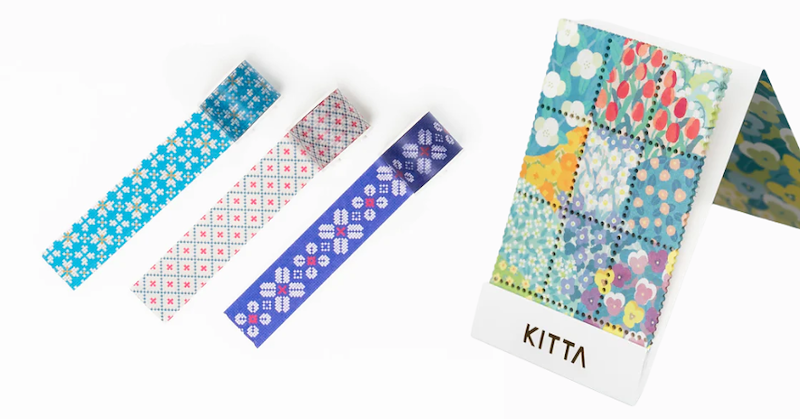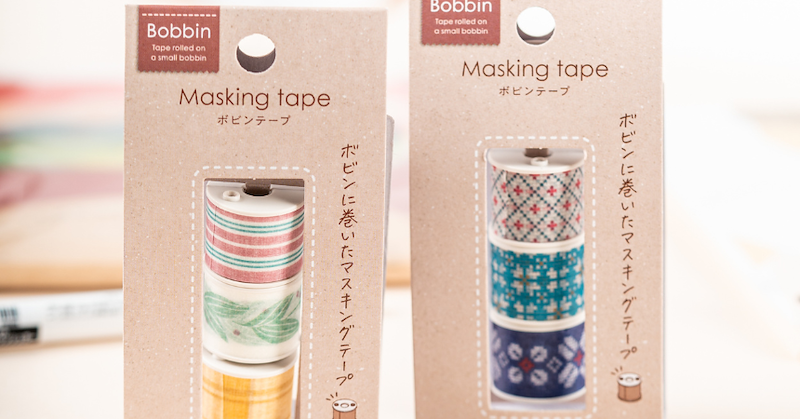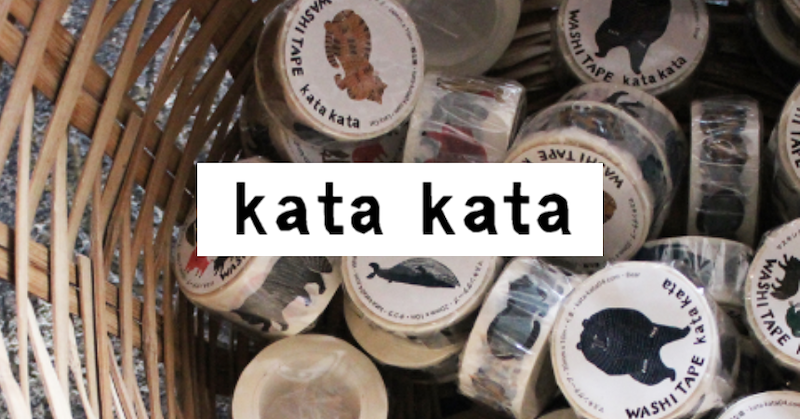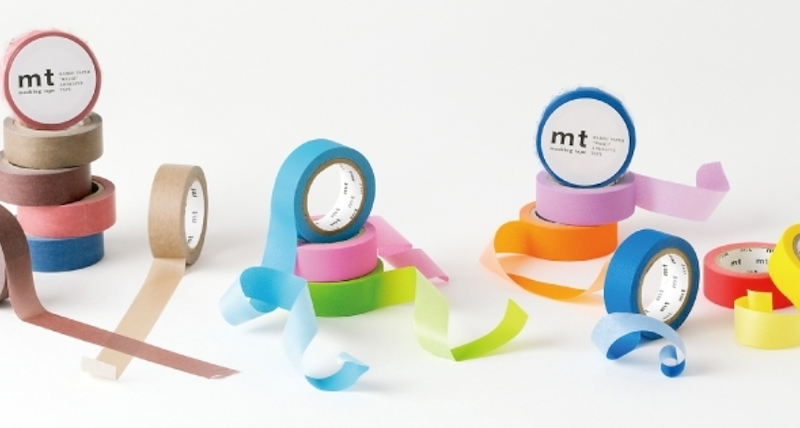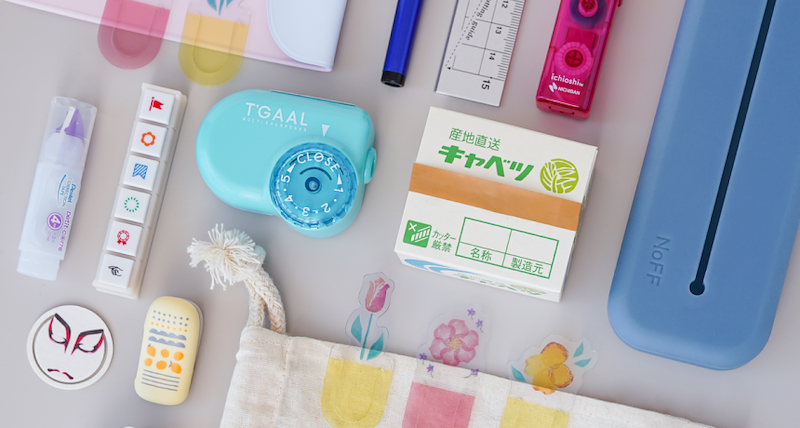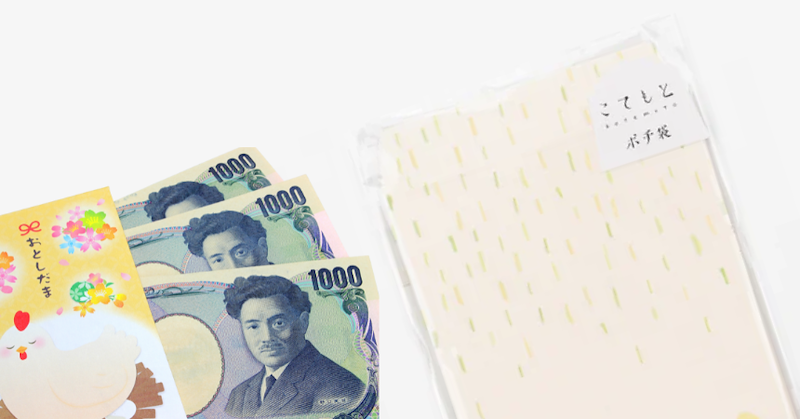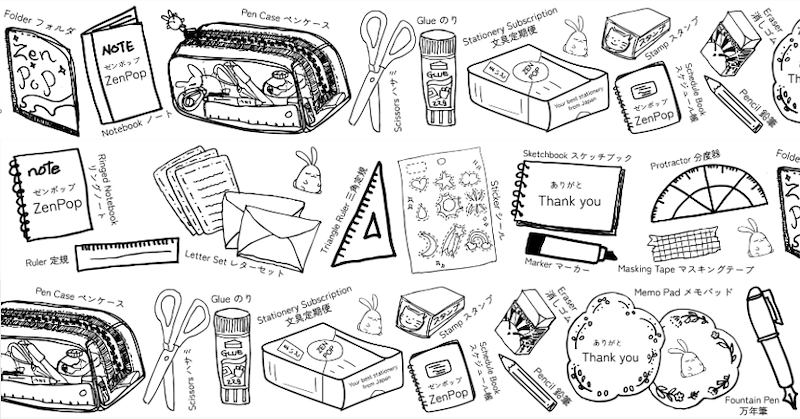Blog
Top Tags
tips & guides
|
Japanese culture
|
writing tools
|
reviews & rankings
|
planners & journaling
|
creative ideas
|
art & craft
|
notebooks & paper
|
stickers & tapes
|
brands & makers
|
Featured Article
Are washi tape and masking tape the same? Learn how Japan uses the terms interchangeably, how they differ from Western masking tape, and which is best for journaling and art.
Is washi tape recyclable or compostable? Learn what Japanese washi tape is made from, how eco-friendly it is, and how to dispose of it responsibly.
Discover kata kata, a Japanese brand using katazome and chusen dyeing to create nature-inspired textiles, stationery, and handmade goods.
Learn what Japanese washi tape is, where it comes from, how it’s used, and why it’s loved by journalers, crafters, and stationery fans worldwide.
Learn how to make a bullet journal step by step. A calm, beginner-friendly guide to setting up a bullet journal that’s simple, flexible, and easy to maintain.
There’s no single correct way to journal. Explore different journaling styles, learn which one suits you, and find a simple way to start writing today.
Learn what Japanese paper (washi) is, how it’s made, and what it’s used for—from calligraphy and origami to shoji screens and washi tape.
Discover the best Japanese stationery brands in 2026, ranked and explained for beginners. Learn what makes Kokuyo, Pilot, Zebra, and more so loved worldwide.
Learn what pochibukuro (ポチ袋) is, how it’s used in Japan, proper etiquette, common occasions, and do’s and don’ts for giving money and small gifts.
Step inside illustrator Miyashita Nodoka’s creative world. From brush pens to sketchbooks and e-ink tools, discover the stationery that supports her warm, gentle drawings.
New to Japanese stationery? Learn essential Japanese stationery terms, what “bungu” means, and how to shop Japanese pens, paper, and notebooks with confidence.

